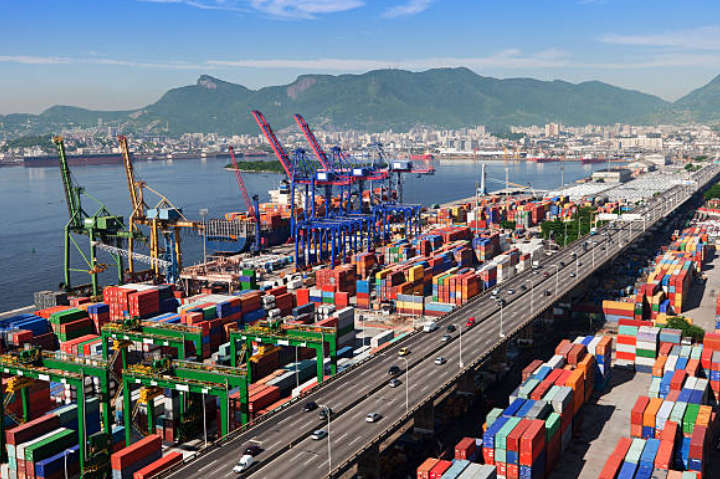
Posted on Thursday, September 26, 2024
Importing roll forming machines into Brazil can be a profitable endeavor, especially with the country's growing demand for infrastructure development, industrialization, and construction. However, navigating the complexities of Brazilian import regulations and market conditions requires a thorough understanding of local laws, taxes, and logistical processes. Here’s a step-by-step guide to help you successfully import roll forming machines into Brazil.
Brazil has strict import regulations that govern the entry of machinery and equipment, including roll forming machines. It’s essential to be familiar with key organizations and laws:
Importing machines to Brazil involves various taxes and duties, including:
These taxes are cumulative, making the total cost higher than the machine’s original value. It's essential to calculate these taxes beforehand to ensure profitability.
Importing machines into Brazil requires specific documents:
Brazilian customs clearance can be lengthy, but proper planning can reduce delays. All imports must be declared via the Siscomex system, and customs will assess the shipment based on value, taxes, and documentation.
Key considerations:
Brazil has a well-developed seaport and logistics network, with major ports such as Port of Santos and Port of Rio de Janeiro serving as key entry points. However, it’s important to consider:
Working with a local freight forwarder or customs broker who understands Brazil’s logistics landscape can ensure a smooth process.
Brazil’s construction sector has unique needs due to its climate diversity and economic sectors. When selecting roll forming machines for import, consider the demand for specific profiles:
Due to the size and complexity of roll forming machines, it's important to consider after-sales support, maintenance, and availability of spare parts. Establishing local partnerships or working with distributors that can offer technical support and warranty services is a key consideration for long-term success in the Brazilian market.
It’s advisable to work with local legal experts to ensure compliance with all labor laws and environmental regulations, particularly if your machines will be used in large infrastructure or commercial projects. Additionally, consider forming partnerships with local firms to navigate Brazil’s market more effectively.
Importing roll forming machines into Brazil offers exciting opportunities, but it requires careful planning and adherence to local regulations. By understanding the tax structure, ensuring proper documentation, and choosing the right logistics partners, you can successfully bring these machines into Brazil’s growing market. The demand for roll forming technology, particularly in the construction sector, makes this a promising venture for companies looking to expand their business in South America’s largest economy.
4orequestAnimationFrame((function(){window.__oai_logTTI?window.__oai_logTTI():window.__oai_SSR_TTI=window.__oai_SSR_TTI??Date.now()}))
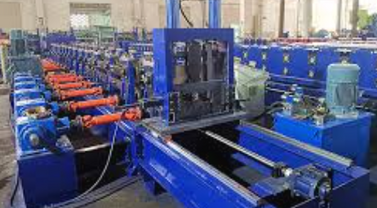
Used Purlin Roll Forming Machines for Sale Worldwide
Posted on Sunday, January 25, 2026
Pre-Owned Roll Forming Machines for Purlin & Structural Steel Profiles
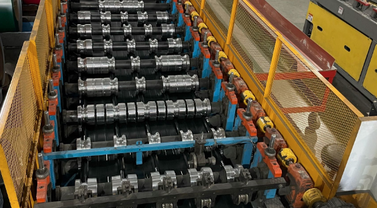
Used Roof Panel Roll Forming Machines for Sale Worldwide
Posted on Sunday, January 25, 2026
Pre-Owned Roll Forming Machines for Roofing Panel Production
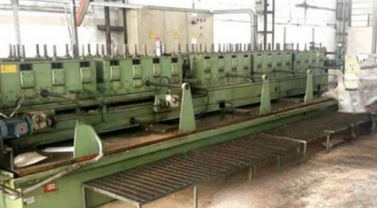
Used Roll Forming Machines for Sale Worldwide
Posted on Tuesday, January 20, 2026
Pre-Owned Roll Forming Machines with Inspection, Verification & Global Support
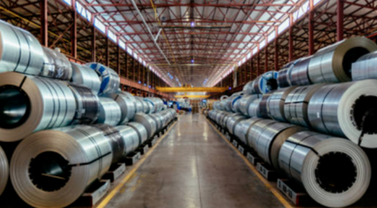
Steel Coil Supply for Roll Forming Machines Worldwide
Posted on Tuesday, January 20, 2026
Reliable Steel Coil Supply for Roll Forming, Fabrication & Manufacturing Applications
Copyright 2026 © Machine Matcher.